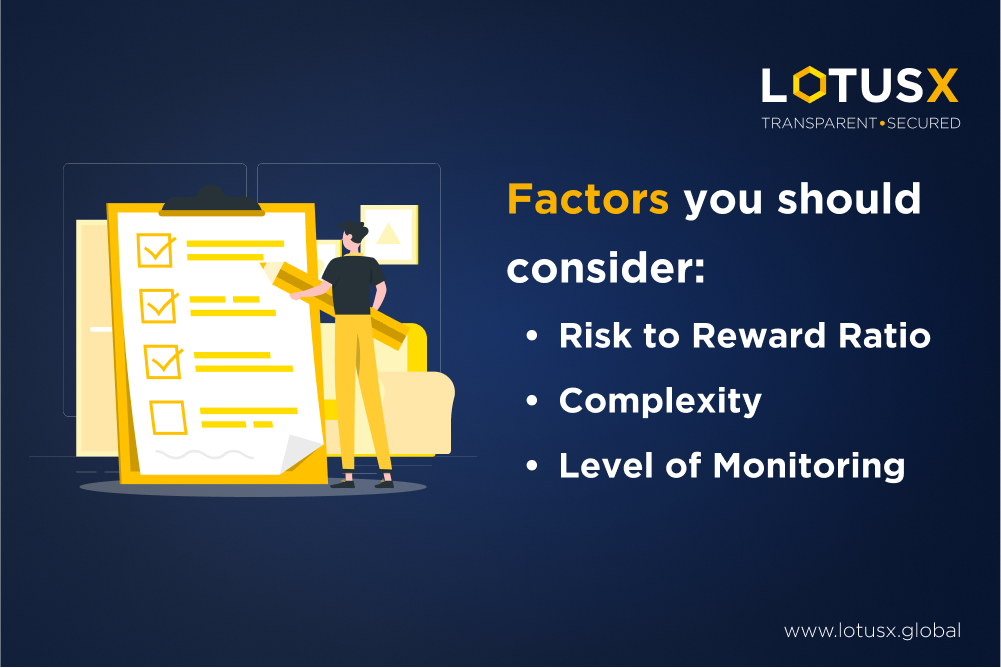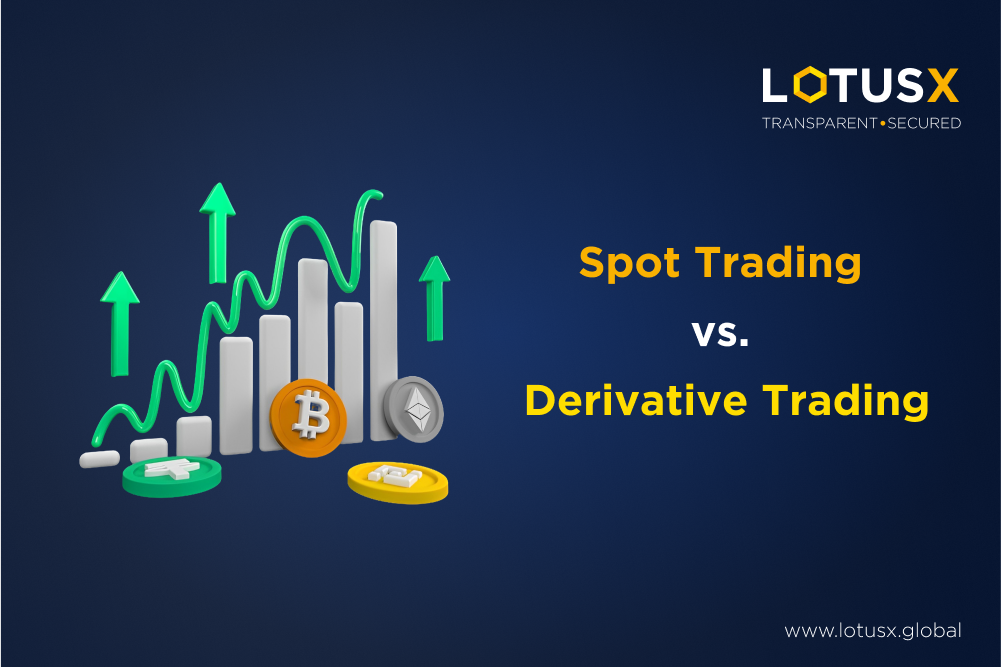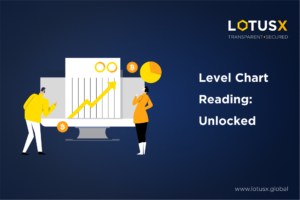Cryptocurrency has become a prominent asset class, drawing worldwide attention from traders and investors. Regarding crypto trading, two primary options are spot trading and derivative trading. Each has its unique characteristics, advantages, and risks. In this blog, we’ll explore the differences between spot trading and derivative trading in cryptocurrency and discuss which may be better for you based on your goals and risk tolerance.
What is Spot Trading?
Spot trading is the simplest form of cryptocurrency trading. It involves directly exchanging one cryptocurrency for another at the current market price or buying a crypto in exchange for money. You trade the underlying asset when you buy or sell cryptocurrency on a spot exchange. Here are some key features of spot trading:
Ownership of Real Assets: In spot trading, you own cryptocurrency tokens. You can transfer them to your private wallet, ensuring you have full control and ownership.
No Expiry Dates: Spot trades do not have expiration dates. You can hold your assets as long as you want without worrying about contract rollovers or liquidation.
Simple and Transparent: Spot trading is easy to understand, making it suitable for beginners. The prices are transparent and closely track the cryptocurrency’s market value.
What is Derivative Trading?
Derivative trading, conversely, involves contracts that derive their value from an underlying cryptocurrency’s price. Crypto derivatives are financial instruments whose value is derived from the performance of an underlying cryptocurrency asset, such as Bitcoin or Ethereum. These instruments include futures contracts, options, swaps, and perpetual contracts. Traders use them to speculate on the future price movements of cryptocurrencies without owning the underlying asset. Here are some key features of derivative trading:
Leverage: Derivative markets often allow traders to use leverage, which means you can control a larger position with less capital. While this can accelerate profits, it also increases the risk of significant losses.
Speculation and Hedging: Derivatives are popular for both speculation and risk management. Traders can profit from price movements without owning the cryptocurrency or hedging their existing positions.
Expiry Dates: Most derivatives have expiry dates or rollover periods, which require traders to manage their positions actively. Failure to do so can result in liquidation.

Spot Trading vs. Derivative Trading
Now, let’s compare spot trading and derivative trading in terms of several key factors to help you decide which may be better for you:
Risk Tolerance
- Spot Trading: Lower risk as you own the assets, but still subject to price volatility.
- Derivative Trading: Higher risk due to leverage, complex instruments, and potential for liquidation.
Profit Potential
- Spot Trading: Limited to the actual price appreciation of your cryptocurrencies.
- Derivative Trading: Higher profit potential due to leverage allows you to capitalize on rising and falling markets.
Ownership and Security
- Spot Trading: You have direct ownership of the cryptocurrencies, which can be stored in secure wallets.
- Derivative Trading: You don’t own the underlying assets, which may expose you to counterparty risks.
Complexity
- Spot Trading: Simple and suitable for beginners.
- Derivative Trading: Complex and requires a deeper understanding of financial instruments.
Regulation
- Spot Trading: Subject to regulatory oversight in many jurisdictions.
- Derivative Trading: Regulations vary; some derivative exchanges operate in less-regulated environments.
Conclusion
The choice between spot and derivative trading in cryptocurrency depends on your preferences, risk tolerance, and trading objectives. Spot trading offers simplicity, ownership, and lower risk, making it a good choice for long-term investors and those new to cryptocurrency. Derivative trading provides the potential for higher profits but comes with increased complexity, leverage, and risks, making it better suited for experienced traders and speculators. LotusX, as of now, offers only spot trading, but would you like us to enable derivative or futures trading?
Ultimately, it’s crucial to thoroughly research and understand the mechanics of both types of trading before deciding which one aligns with your financial goals and risk tolerance. Additionally, consider seeking advice from financial professionals or experienced traders to make informed decisions in the ever-evolving world of cryptocurrency trading.




